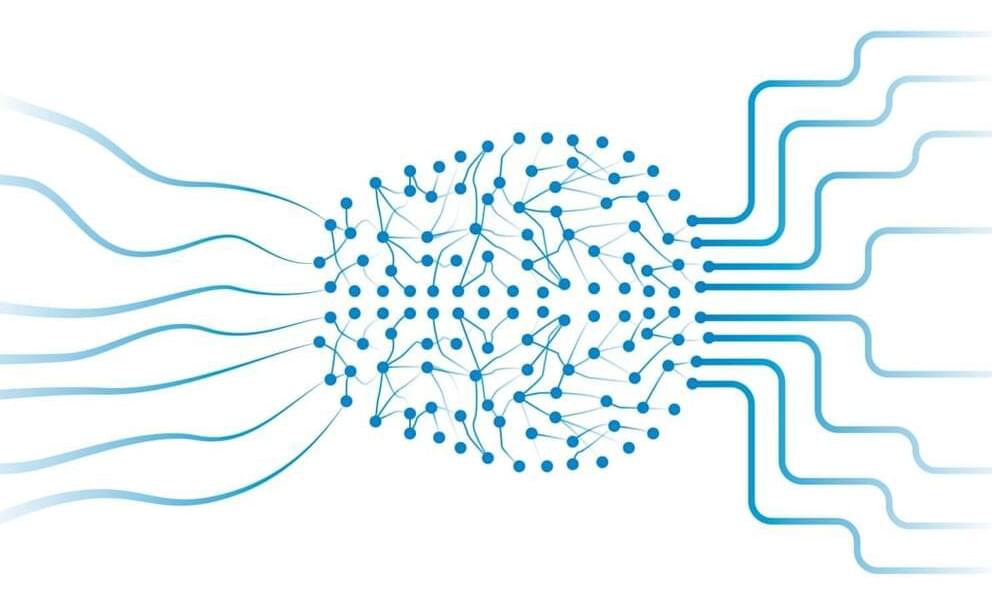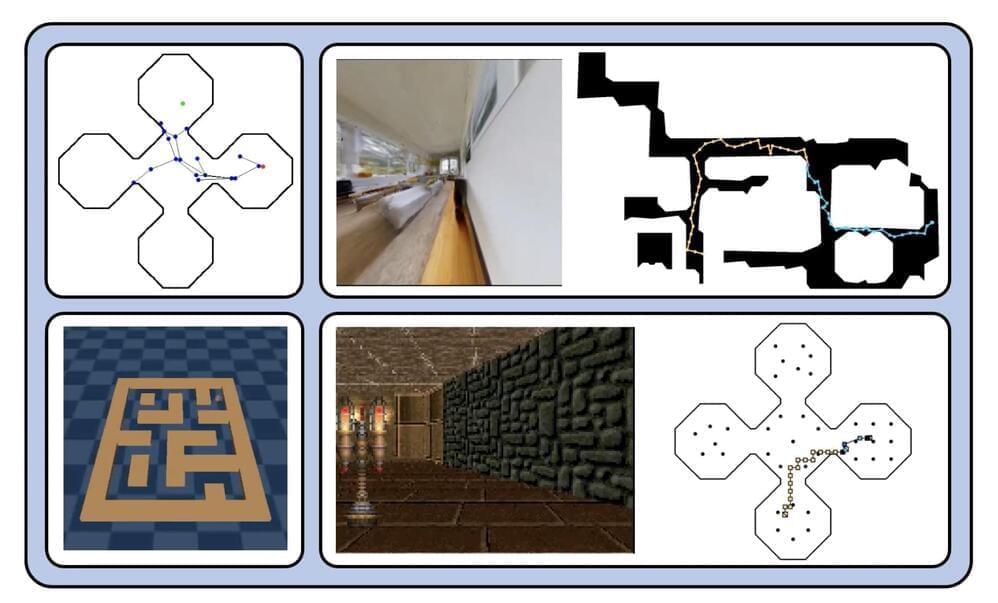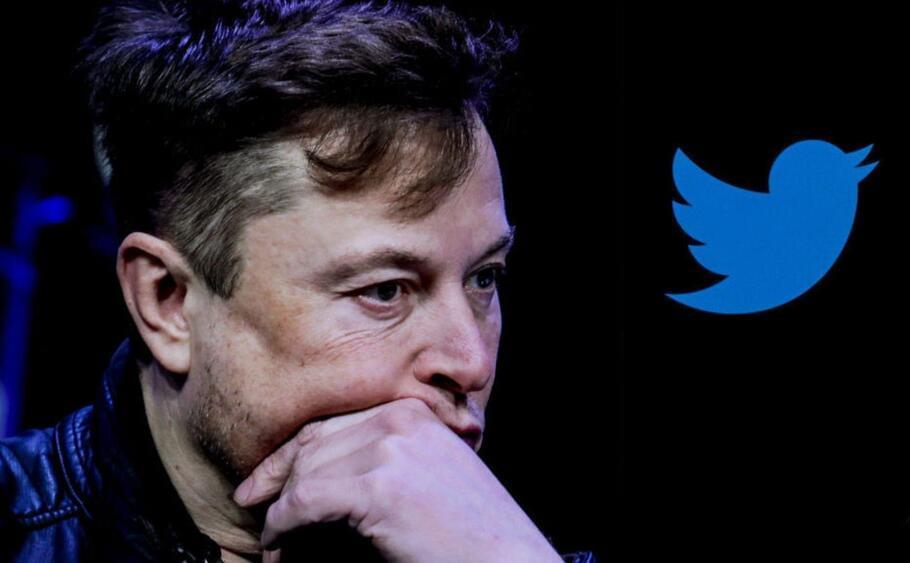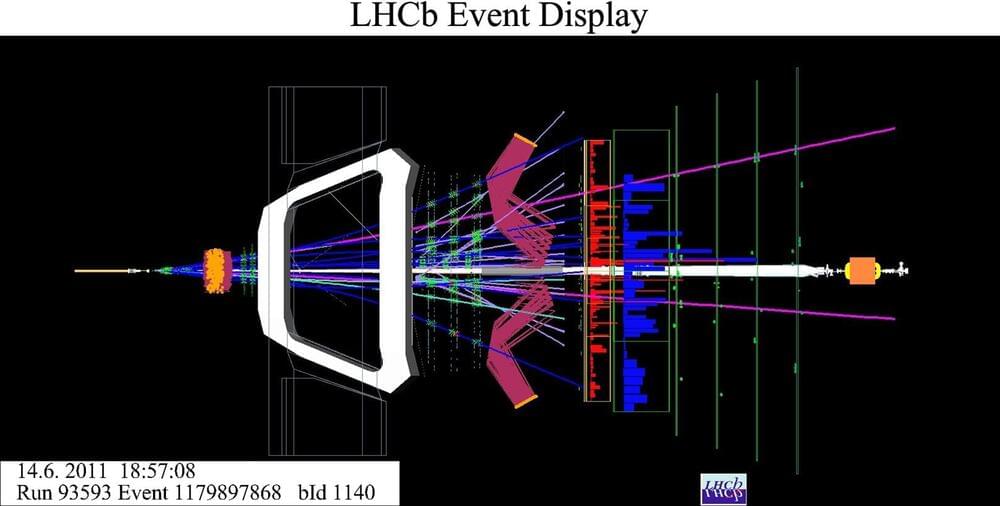A sharp-eyed developer at Krita noticed recently that, in the settings for their Adobe Creative Cloud account, the company had opted them (and everyone else) into a “content analysis” program whereby they “may analyze your content using techniques such as machine learning (e.g. for pattern recognition) to develop and improve our products and services.” Some have taken this to mean that it is ingesting your images for its AI. And … they do. Kind of? But it’s not that simple.
First off, lots of software out there has some kind of “share information with the developer” option, where it sends telemetry like how often you use the app or certain features, why it crashed, etc. Usually it gives you an option to turn this off during installation, but not always — Microsoft incurred the ire of many when it basically said telemetry was on by default and impossible to turn off in Windows 10.
That’s gross, but what’s worse is slipping a new sharing method and opting existing users into it. Adobe told PetaPixel that this content analysis thing “is not new and has been in place for a decade.” If they were using machine learning for this purpose and said so a decade ago, that’s quite impressive, as is that apparently no one noticed that whole time. That seems unlikely. I suspect the policy has existed in some form but has quietly evolved.








